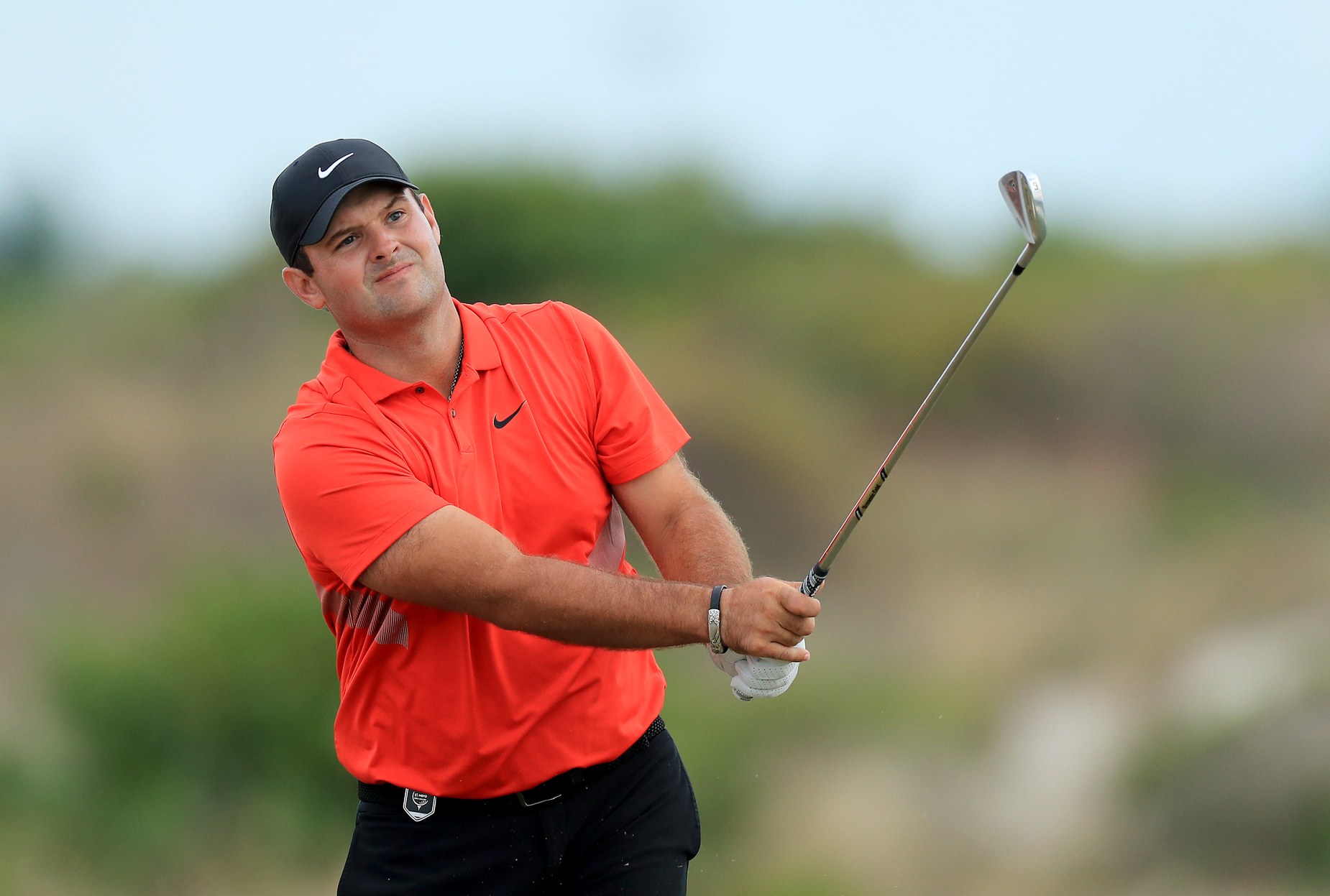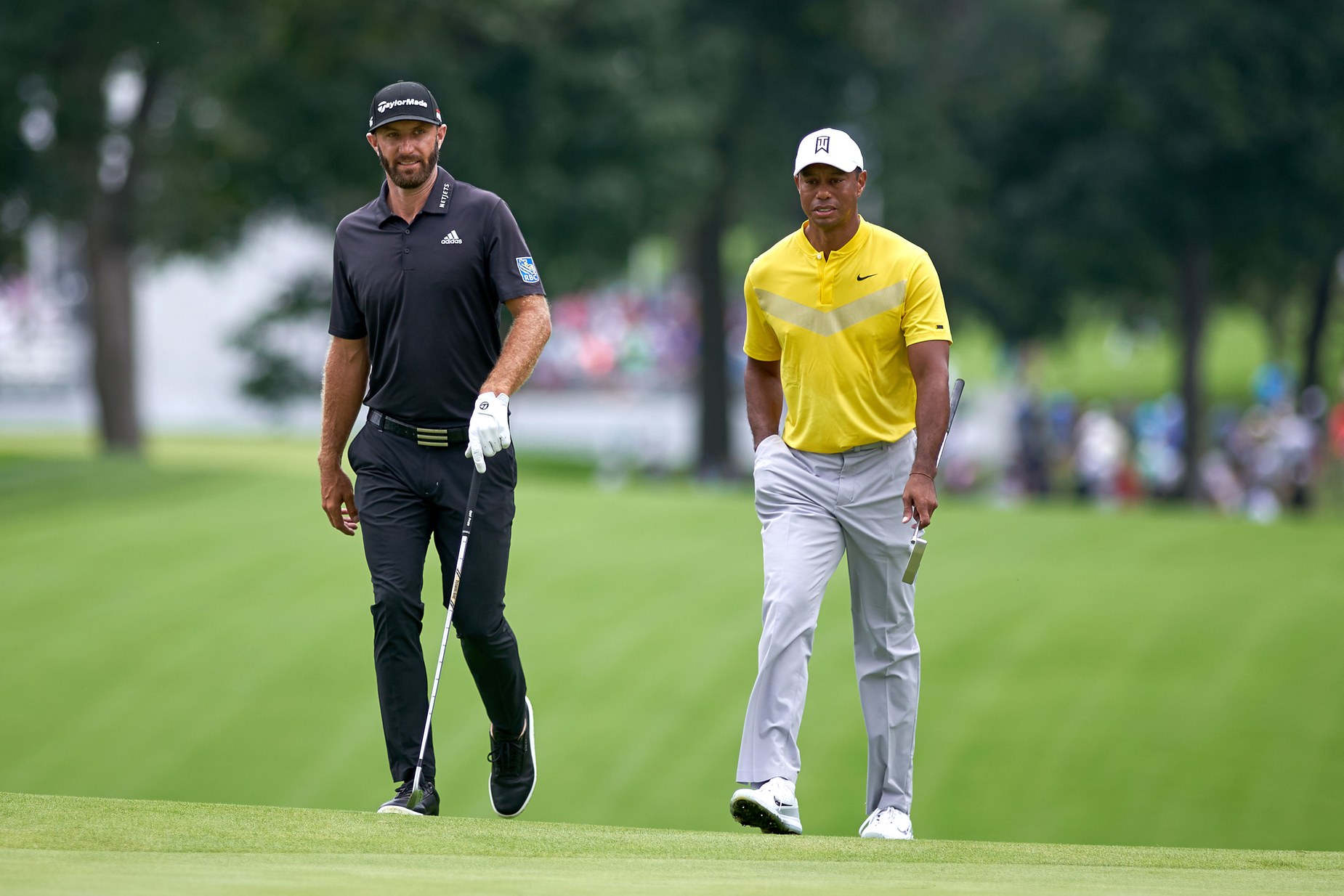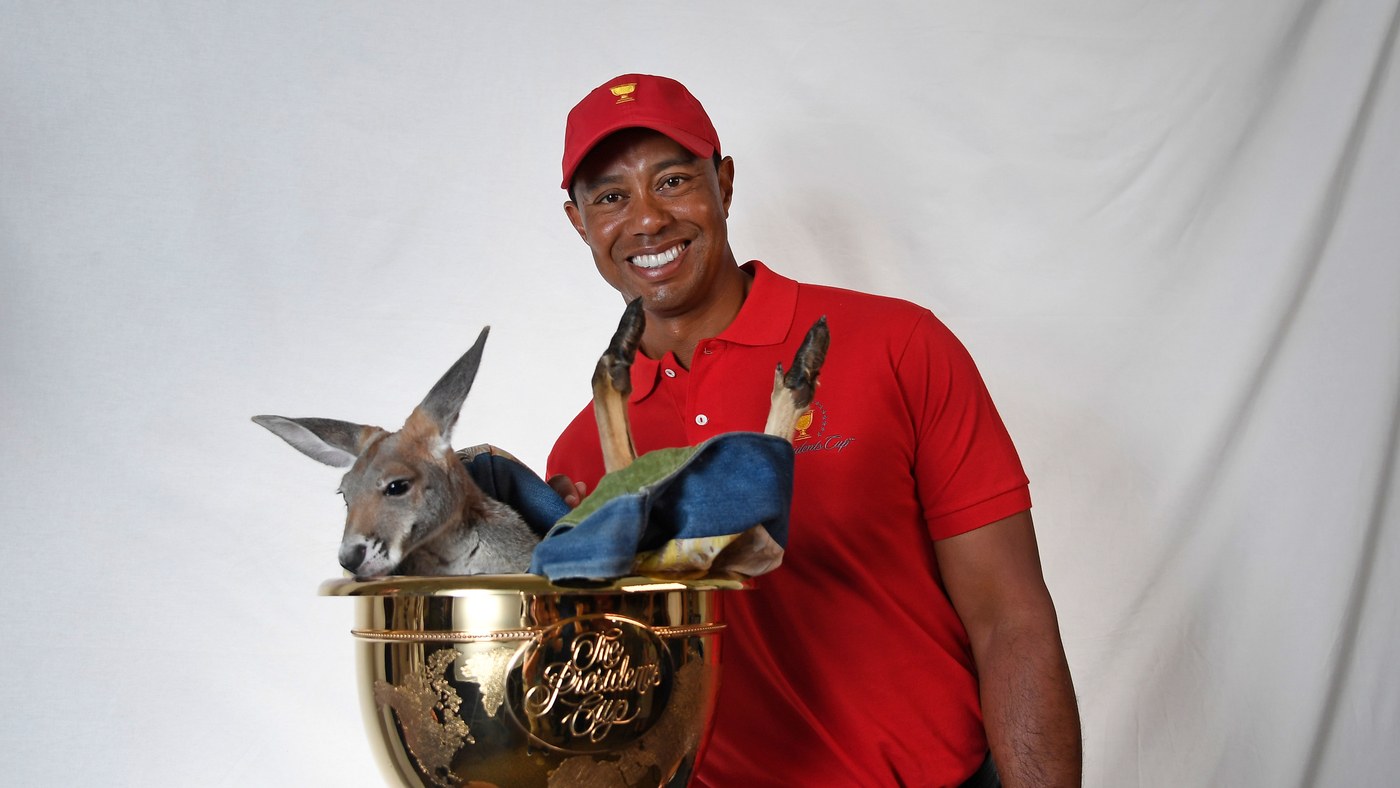By Shane Ryan
In a piece like this, the disclaimer belongs at the beginning: The history of the Presidents Cup has been a history of American domination, to the tune of 11 victories, one draw, and only one loss in 12 instalments, a superlative (and a little absurd) stretch that spans 25 years. Most of the matches have not been close, and although the International victory and draw both came at “home”—the lone win in 1998 was at the same course, Royal Melbourne, where this year’s competition will begin on Thursday—the overwhelming weight of history and talent tips the scales to the U.S. They’ve been a sure bet for almost three decades, and nothing that happens in the next few days leading up to this year’s match can change that, just as it can’t change their superior place in the World Rankings.
And yet …
There’s some bad juju seemingly gathering for the Americans just in time for Ernie Els and his Internationals to stage a massive upset.
Let’s start with the biggest and most provocative story of the weekend—Patrick Reed. If you had to pick one American golfer who could find a way heap stress on his captain’s shoulders before the Presidents Cup, you’d probably have picked Reed. Sure enough, he delivered at the Hero World Challenge by incurring a two-stroke penalty when he swept sand away from his ball with the back of his club—twice—in a way that appeared to improve his line of play in the bunker. His post-round explanation was that he didn’t realize it had happened, it didn’t improve the lie, and the camera angle made the sand look closer to the ball than it really was. Either way, the story will dominate the start of Presidents Cup week—Marc Leishman and Cameron Smith of the International team have already talked about how they think fans will react to Reed—and force Tiger to address it. Meanwhile, Reed’s teammates probably won’t appreciate the distraction. It’s not great in normal circumstances before a big tournament, but it’s especially unfortunate just before a team event where it could create tension at a time when tension kills camaraderie. It’s the kind of unexpected pre-Cup distraction that sucks the energy from a team.

David Cannon
Reed’s rules infraction at the Hero created a new—and potentially distracting—storyline in Australia.
RELATED: What the Internationals’ stunning win in 1998 meant then and now
And what about Tiger? He called his own number when it was time to make captain’s picks, and deserved to do it. But in this age of high-concentration media, where the captain’s role becomes more difficult and more involved with each passing year, is it really possible to have it both ways? You could guess that he’ll cede many of his normal duties to assistant captains Zach Johnson, Steve Stricker and Fred Couples, except that doesn’t jive with Tiger’s personality. And even if he does function mostly as a player, he will still be the one who explains at the press conferences each and every decision made throughout the week. Will he be able to focus and deliver quality play while serving in dual roles? More importantly, will he convey a sense of calm assurance to his players, or will his attention be scattered?
Up and down the lineup, there also seem to be minor issues that could become major concerns. The best American player, Brooks Koepka, is out. Dustin Johnson is coming off knee surgery and however minor that operation may have been, it was enough to keep him out of this weekend’s Hero World Challenge. Can he really play at his normal level, or will he have to be used sparingly, costing Tiger yet another of America’s most reliable Cup players?

Icon Sportswire
Johnson hasn’t played in a tournament since August, leaving Woods potentially limited in how he uses him.
Then there’s Rickie Fowler, who earned the final captain’s pick despite not having played since the Tour Championship in August until the Hero, where he finished middle of the pack. Was he really a wise choice when Tiger had the red-hot Brendon Todd waiting in the wings? How much can Tiger really expect from Fowler in Melbourne?
As for the rest of the team, there are five rookie question marks, two iffy vets in Simpson and Kuchar (the former hasn’t played a Presidents Cup or Ryder Cup since his forgettable showing at Gleneagles in 2014; the latter is the extremely rare American with a losing Presidents Cup record), and … Justin Thomas. In just one Presidents Cup and one Ryder Cup, Thomas has already put his name forward as one of the best team match-play golfers of his generation, running up a 7-2-1 record. He’ll be the crutch Tiger leans on—perhaps even in a joint partnership—but even a red-hot Thomas isn’t enough to stave off disaster, as we learned in Paris.
Finally, and perhaps most importantly, there’s the travel. Golf Digest’s Daniel Rapaport thoroughly documented the draining ordeal the Americans will undergo just in getting to Australia, an odyssey that will take 24 hours and see them scheduled to arrive on Monday morning in a strange time zone with only three days to acclimate (the first of which will be spent in the struggle to stay awake and establish a normal sleep schedule). I’m writing these words aboard a Qantas flight from Los Angeles to Melbourne, and though my accommodations are far less impressive than the team charter, I can tell you that even in the lushest circumstances the prospect of a 17-hour flight can only inspire ennui and dread. Recall last year how an American team fresh off playing at the Tour Championship looked lethargic in making the trip the next week to Paris, which was only six time zones away, not 16.
All of this taken together—the bad luck, the unexpected controversy, the questionable form, the long travel—starts to look a bit foreboding. A neutral observer would conclude that the Americans have managed to make the Presidents Cup a bit of an uphill battle before it even begins. The constancy of their triumphs over the years remains the best counter-argument, but this year, in this situation, it might not necessarily be enough.









